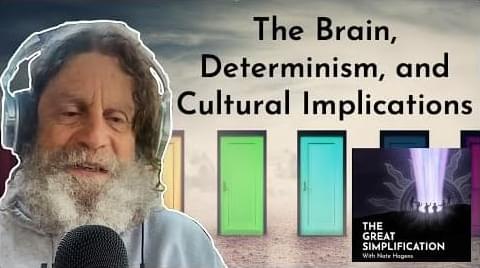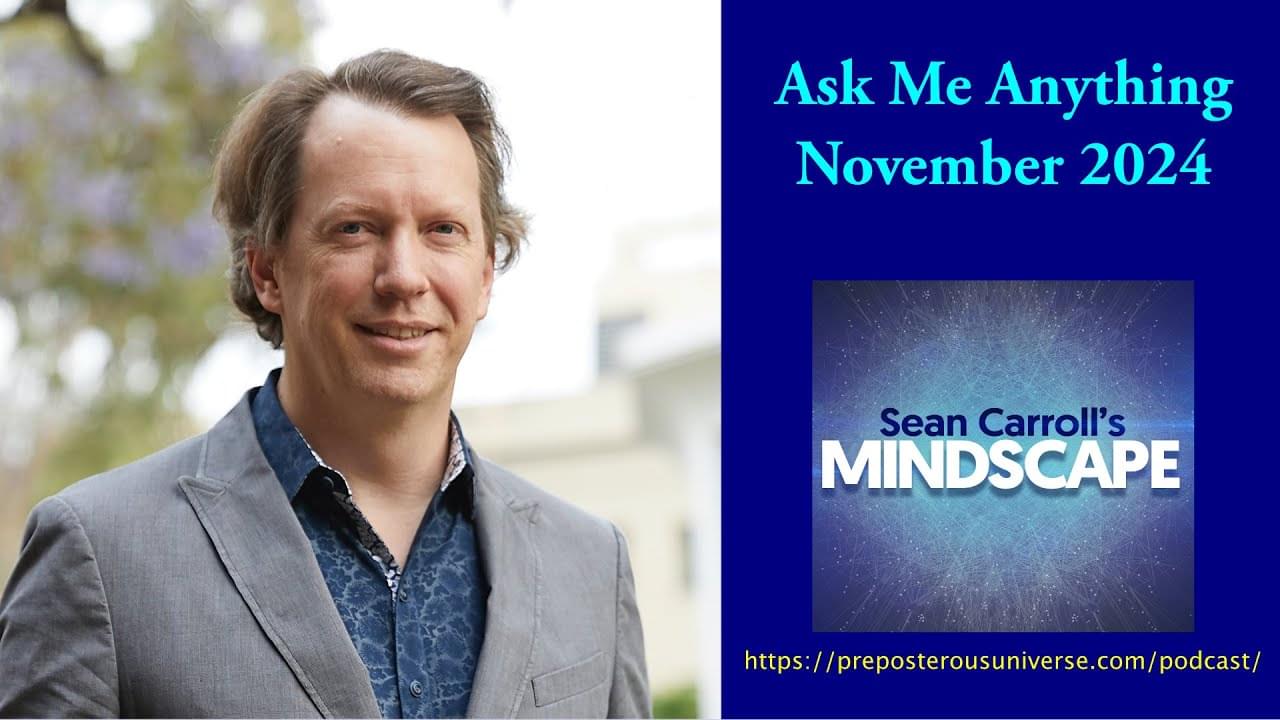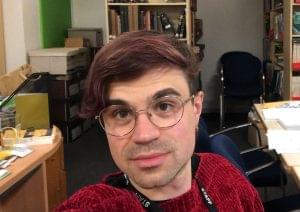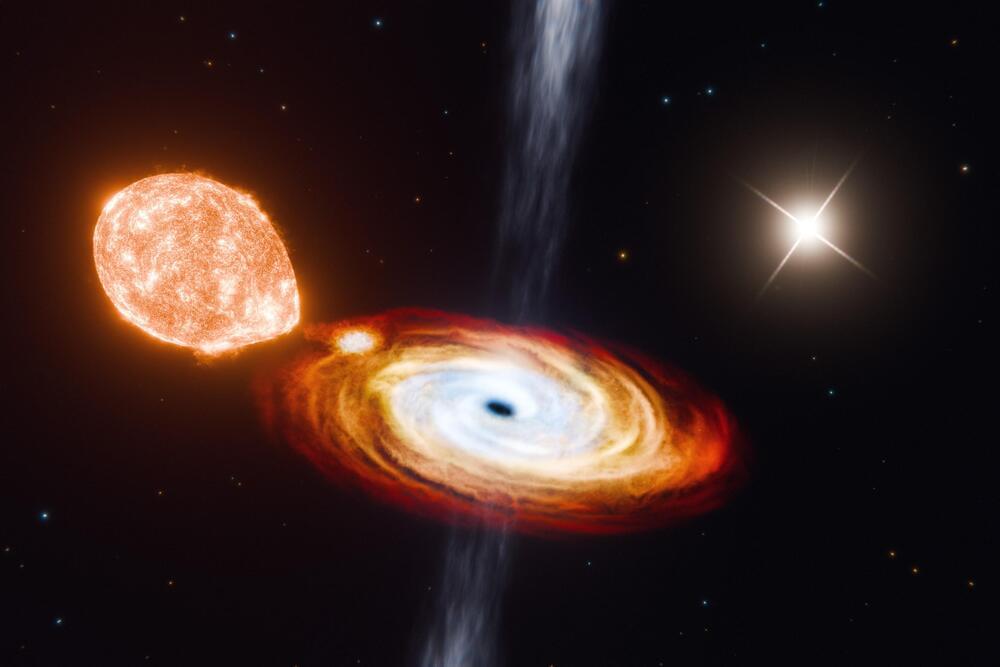Nov 4, 2024
Robert Sapolsky: “The Brain, Determinism, and Cultural Implications” | The Great Simplification #88
Posted by Dan Breeden in categories: biological, education, evolution, health, neuroscience, quantum physics
On this episode, neuroscientist and author Robert Sapolsky joins Nate to discuss the structure of the human brain and its implication on behavior and our ability to change. Dr. Sapolsky also unpacks how the innate quality of a biological organism shaped by evolution and the surrounding environment — meaning all animals, including humans — leads him to believe that there is no such thing as free will, at least how we think about it today. How do our past and present hormone levels, hunger, stress, and more affect the way we make decisions? What implications does this have in a future headed towards lower energy and resource availability? How can our species manage the mismatch of our evolutionary biology with our modern day challenges — and navigate through a ‘determined’ future?
About Robert Sapolsky:


















